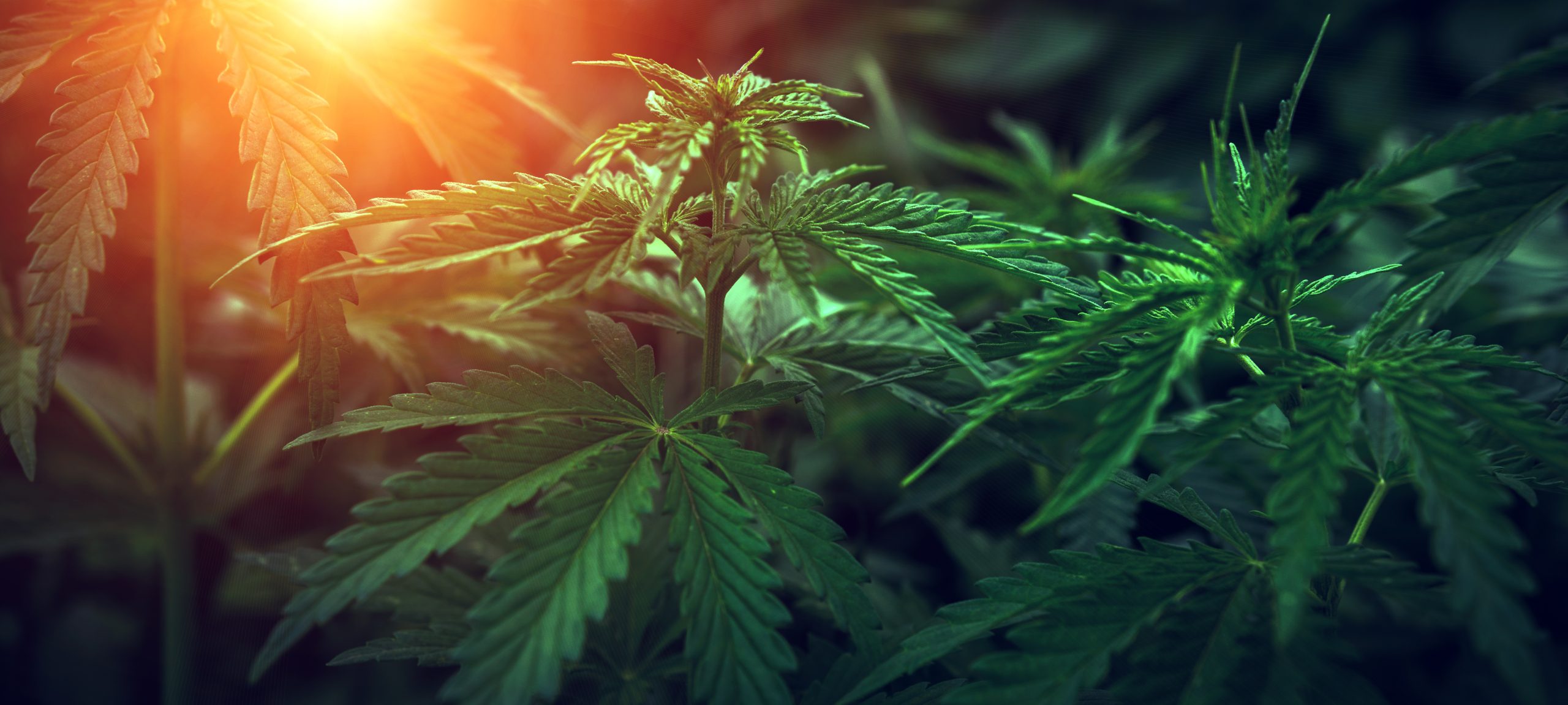Understanding the Differences Between Delta-8 and Delta-9 THC
As the variety of cannabis-derived products expands, consumers are encountering new cannabinoids with distinct characteristics. Delta-8 and Delta-9 THC are two such cannabinoids that have gained significant attention. While they share some similarities, their differences are notable. This guide provides an overview of Delta-8 and Delta-9 THC, focusing on their chemical structures, legal status, and other relevant details.
Chemical Structure and Origin
Delta-8 THC and Delta-9 THC are naturally occurring cannabinoids in the cannabis plant. They are isomers, meaning they have the same molecular formula but differ in their structural arrangement. The distinction lies in the placement of a double bond on the carbon chain: Delta-8 THC has this bond on the eighth carbon, while Delta-9 THC has it on the ninth. This structural variation influences how they interact with receptors in the body.
Legal Considerations
The legal status of Delta-8 and Delta-9 THC varies across jurisdictions. Delta-9 THC is federally classified as a Schedule I substance under U.S. law, although certain states have legalized its use.
Delta-8 THC occupies a more complex legal space. Under the 2018 Farm Bill, hemp and its derivatives—containing less than 0.3% Delta-9 THC—are legal. As a result, some interpret this as permitting the production and sale of Delta-8 THC products derived from hemp. However, several states have enacted specific restrictions on Delta-8 THC. Consumers are encouraged to familiarize themselves with local laws before purchasing or using such products.
Consumer Insights
Consumer preferences for Delta-8 and Delta-9 THC often reflect the different characteristics of these cannabinoids. Delta-8 THC products are sometimes chosen for their distinct qualities and accessibility in certain markets, while Delta-9 THC remains a familiar option for many consumers.
For those new to these products, it is important to make informed decisions and choose products that align with personal preferences and local regulations.
Key Differences at a Glance
- Chemical Structure: Delta-8 THC and Delta-9 THC differ in the placement of a double bond, influencing their interaction with the body.
- Legal Status: Delta-9 THC is federally restricted, though some states permit its use. Delta-8 THC, derived from hemp, is federally permitted under the 2018 Farm Bill but restricted in some states.
- Market Appeal: Delta-8 THC has emerged as an alternative in markets where Delta-9 THC is less accessible.
Navigating the Cannabis Landscape
As the cannabis industry evolves, understanding the nuances of cannabinoids like Delta-8 and Delta-9 THC is essential. At Door County Cannabis Co., we aim to provide high-quality products and reliable information to support your choices.
For more insights into hemp-derived products, visit our blog or explore our product offerings. Always consume responsibly and stay informed about the latest industry developments.
Disclaimer: These statements have not been evaluated by the FDA. Products mentioned are not intended to diagnose, treat, cure, or prevent any disease.
References
Harlow, A. F., Miech, R. A., & Leventhal, A. M. (2024). Adolescent Δ8-THC and marijuana use in the US. JAMA, 331(10), 861. https://doi.org/10.1001/jama.2024.0865
Johnson, L., Malone, M., Paulson, E., Swider, J., Marelius, D., Andersen, S., & Black, D. (2023). Potency and safety analysis of hemp delta-9 products: the hemp vs. cannabis demarcation problem. Journal of Cannabis Research, 5(1). https://doi.org/10.1186/s42238-023-00197-6


